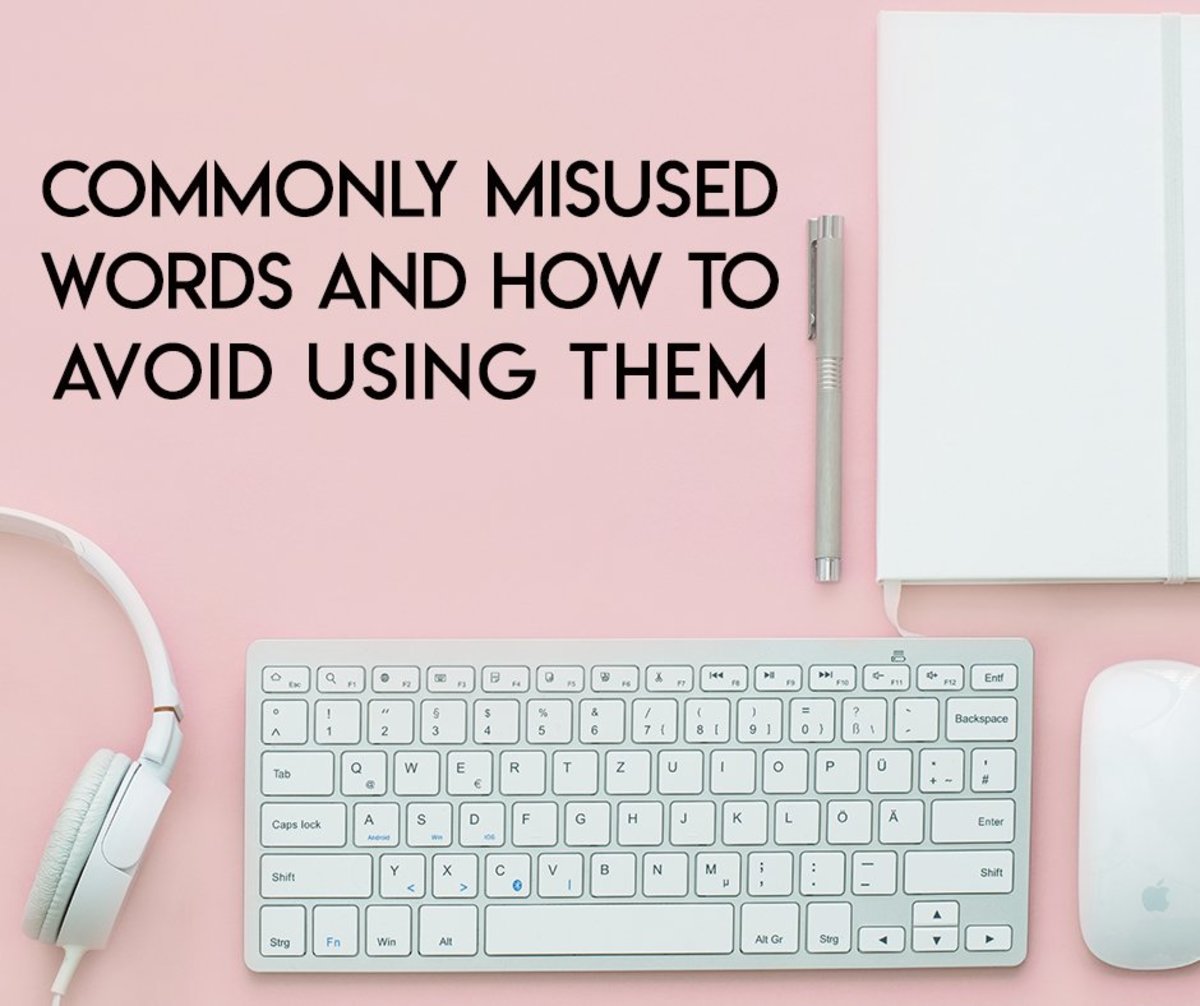Who That? When to Use Which



Tricks of the Trade
Too often we writers write the way we talk. And, especially in America, we so badly bastardize our language, it's a wonder English-speakers around the world haven't turned to other countries for a better standard for the proper use of the English language.
I used to tell my English As A Second Language students to watch CNN to practice their English. The reason was I thought television news was a place where they could hear the English language spoken properly, without slang or regional accents. Even that advice is not necessarily true as you frequently find professional writers falling into the trap of common usage: writing the way we talk. And before you know it, common usage wins.
Does anyone really care any more if you split an infinitive, end a sentence with a preposition, or misuse a pronoun? The problem is, and the risk you run when you ignore these time-honored rules is, there are people out there who still know the difference. And too often they are your boss, your professor, or a prospect you are trying to win over to being a customer.
Many, many hubs have been written on this subject. I'm not going to repeat those effective efforts by writers who did a better job than I could. I'm only going to point out a few I see frequently here on HubPages and elsewhere that are very easy to avoid when you remember some of the tricks of our trade.
Who and That
The man that was singing the National Anthem was very good.
Things are thats. People are whos. The man who was singing the National Anthem was very good.
That and Which
I saw the boat which was sailing away.
Be a which-hunter. If the phrase is not essential, use which. If you use which, use a comma before it. If the phrase is essential, use that and no comma.
I saw the boat that was sailing away from the storm.
I saw the boat, which was sailing into the sunset.
Number (something you can count) and Amount (something you can't count)
You have a number of apples. You have an amount of apple juice.
Fewer and Less
Same rule. You have fewer apples. You have less apple juice.
That
Do an Edit/Find for the word, that, in your text and see how often you can eliminate it. Its overuse will slow down your reader.
For sticklers of correct grammar, the worst possible result of a rule being commonly misused is the rule might eventually actually be changed. Perish the thought!








